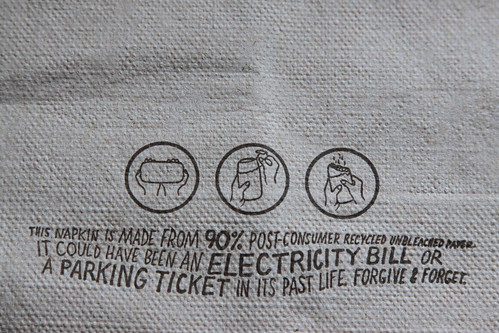Why do some people always forgive and others never do?
.It all comes down to whether you believe people can change:
After a trust violation, some people are quick to forgive, whereas others never trust again. In this report, we identify a key characteristic that moderates trust recovery: implicit beliefs of moral character. Individuals who believe that moral character can change over time (incremental beliefs) are more likely to trust their counterpart following an apology and trustworthy behavior than are individuals who believe that moral character cannot change (entity beliefs). We demonstrate that a simple but powerful message can induce either entity or incremental beliefs about moral character.
Source: “How Implicit Beliefs Influence Trust Recovery” from Psychological Science
Join 25K+ readers. Get a free weekly update via email here.
Related posts:
What are the secrets to a good apology?
If it’s clear you intentionally did something wrong, is an apology effective?





